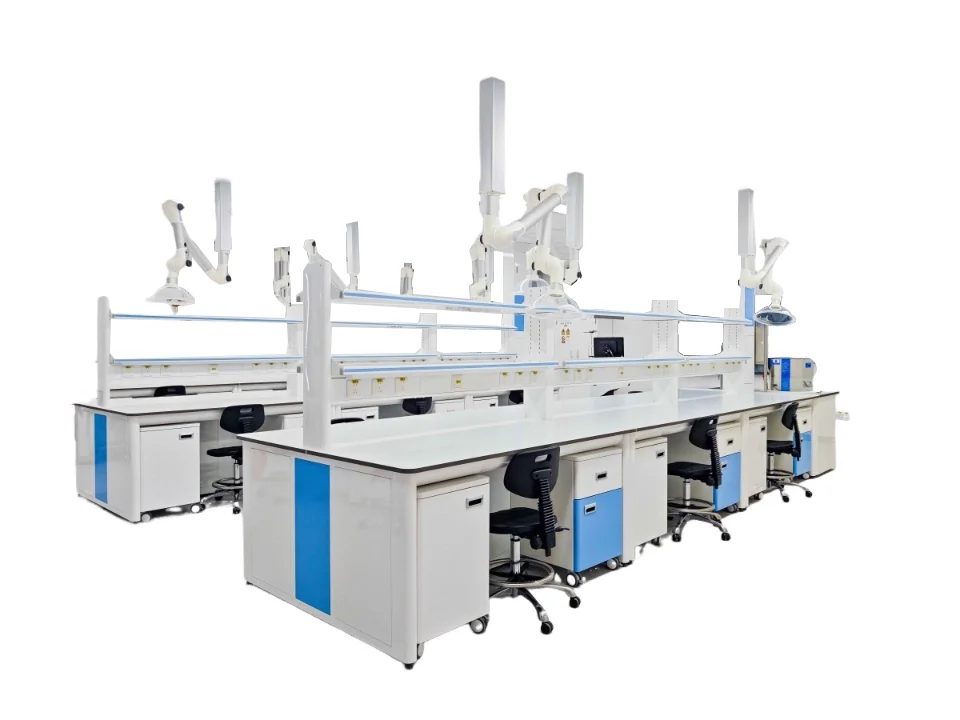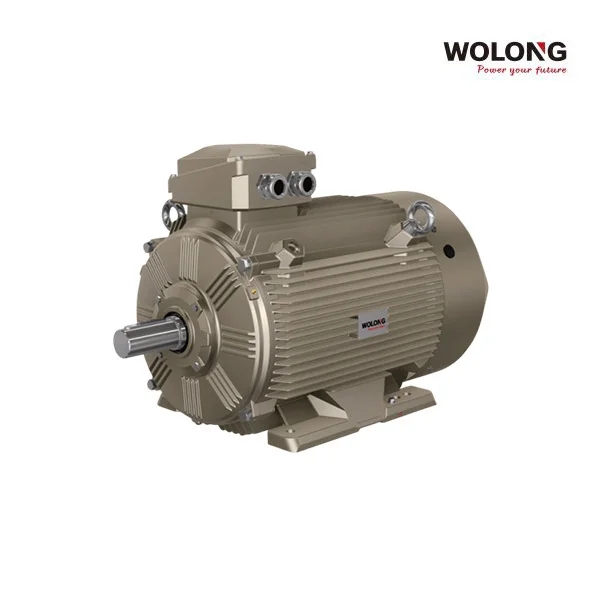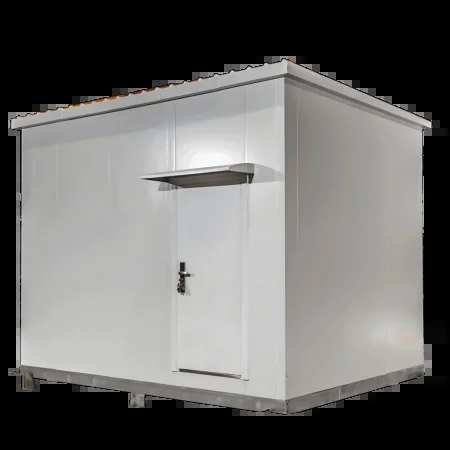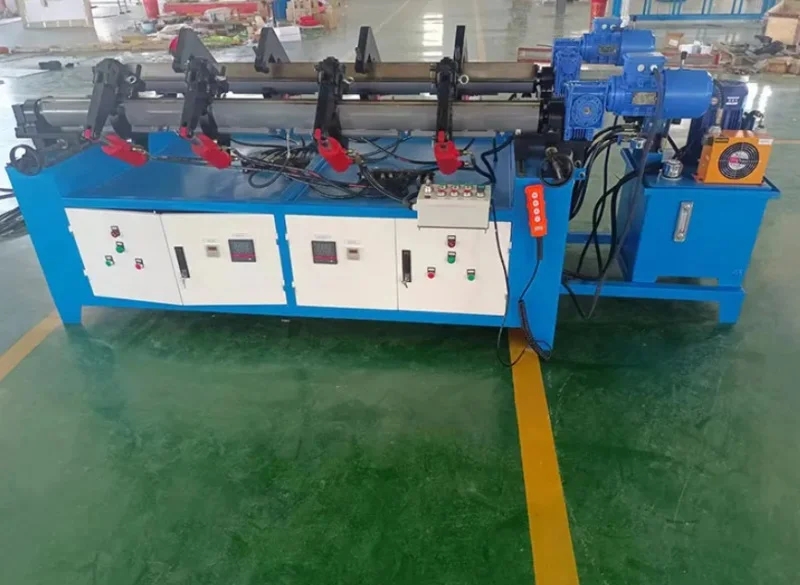A well-designed testing table is a cornerstone of any industrial or laboratory setup. For environments that demand precision, durability, and safety—such as semiconductor labs, manufacturing facilities, and research centers—an all steel testing table provides the strength and reliability required to handle heavy equipment, repeated use, and rigorous testing procedures. Selecting the right table can significantly impact workflow efficiency and operational safety.
This guide explores key considerations when choosing the ideal all steel testing table for your industrial or laboratory needs.

1. Consider Your Application and Load Requirements
The first step in choosing a testing table is understanding the type of work it will support. Consider:
-
The weight of equipment and instruments placed on the table
-
Frequency of use and potential impact loads
-
Whether the table needs to support vibration-sensitive instruments
All steel tables are particularly suited for high-load and high-frequency applications due to their rigidity and resistance to deformation, ensuring stability for precise measurements.
2. Material Quality and Durability
An all steel testing table should be made from high-quality steel that resists corrosion, wear, and bending. Check for features such as:
-
Powder-coated or anti-rust finishes for long-term durability
-
Reinforced frames for added stability
-
Welded joints instead of bolted connections to reduce flex
Xinruiwei Semiconductor Technology (Suzhou) Co., Ltd. manufactures robust all steel tables for laboratory and industrial applications. Using European components and Chinese manufacturing expertise, they ensure superior build quality and long-lasting performance.
3. Size and Work Surface Options
Choose a table with dimensions appropriate for your workspace and equipment. Important factors include:
-
Table height and ergonomic considerations for operators
-
Surface area to accommodate instruments, tools, or testing machinery
-
Optional accessories such as drawers, shelves, or integrated storage for lab supplies
Customizable tables allow integration into complex workflows, making them ideal for both small-scale labs and large industrial setups.
4. Stability and Safety Features
Testing environments often involve sensitive instruments or hazardous materials. Look for:
-
Anti-vibration and level-adjustable feet to maintain a stable surface
-
Rounded edges and safe load limits to prevent accidents
-
Resistance to chemicals, solvents, and cleaning agents commonly used in labs
These features help protect personnel and maintain precision in testing processes.
5. Manufacturer Reputation and Customization
Working with an experienced manufacturer ensures you get a table that meets strict industrial and laboratory standards. Key considerations include:
-
Experience in producing lab and industrial equipment
-
Ability to provide tailored solutions from prototypes to mass production
-
Reliability in delivery schedules and after-sales support
Xinruiwei Semiconductor Technology (Suzhou) Co., Ltd. specializes in developing and producing industrial and laboratory equipment, including all steel testing tables. Their one-stop approach—from design to production—ensures high-quality, European-component-based solutions with reliable delivery for industrial and laboratory applications.
Conclusion
Choosing the right all steel testing table involves evaluating load capacity, material quality, size, stability, and manufacturer reliability. A high-quality table not only improves workflow efficiency but also enhances safety and precision in industrial and lab environments.
Partnering with a trusted provider like Xinruiwei Semiconductor Technology (Suzhou) Co., Ltd. guarantees robust, customizable solutions that meet the stringent demands of laboratories and industrial facilities alike, ensuring long-term performance and peace of mind.
www.wafera.com
Xinruiwei Semiconductor Technology (Suzhou) Co., Ltd.


